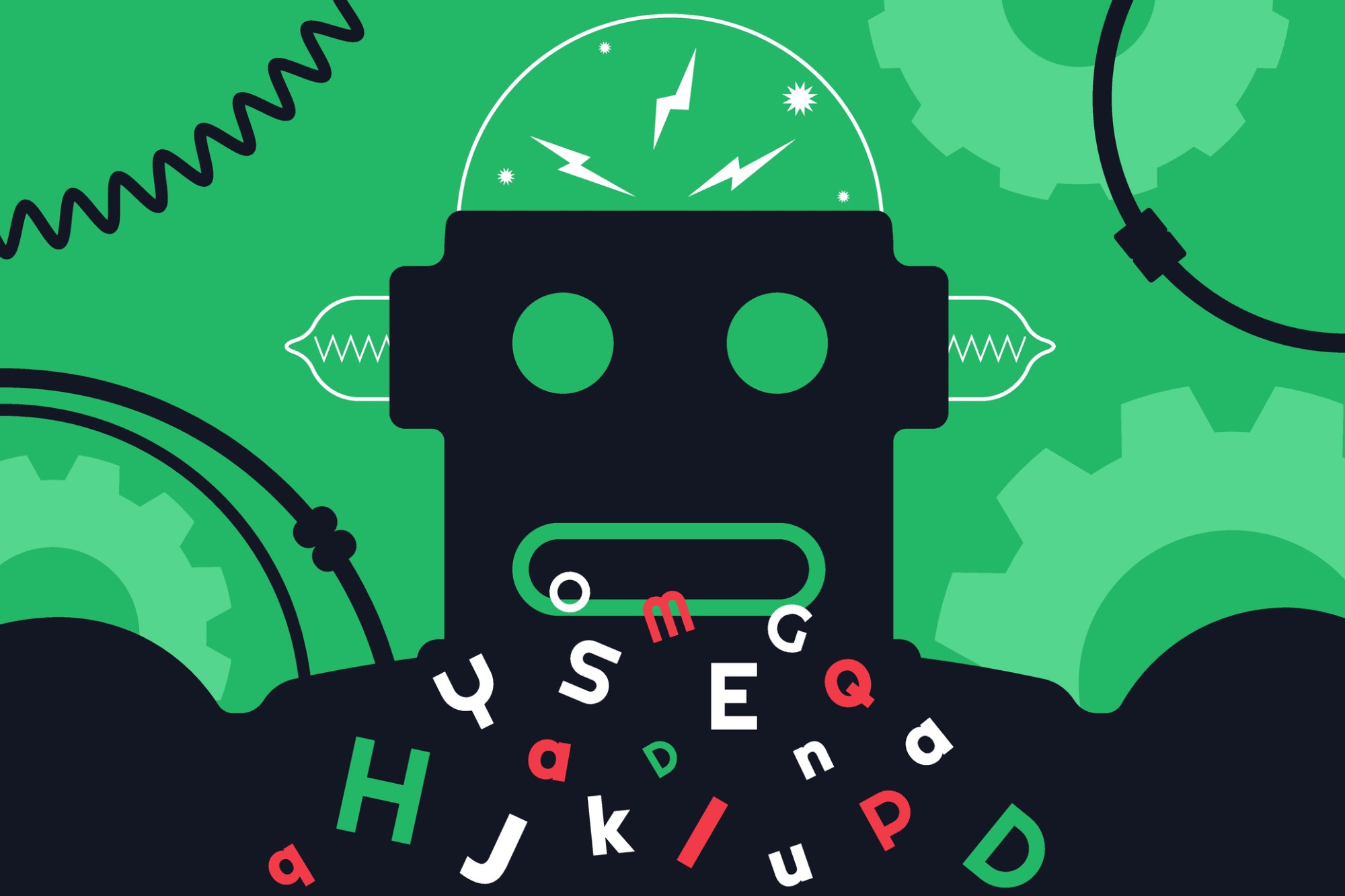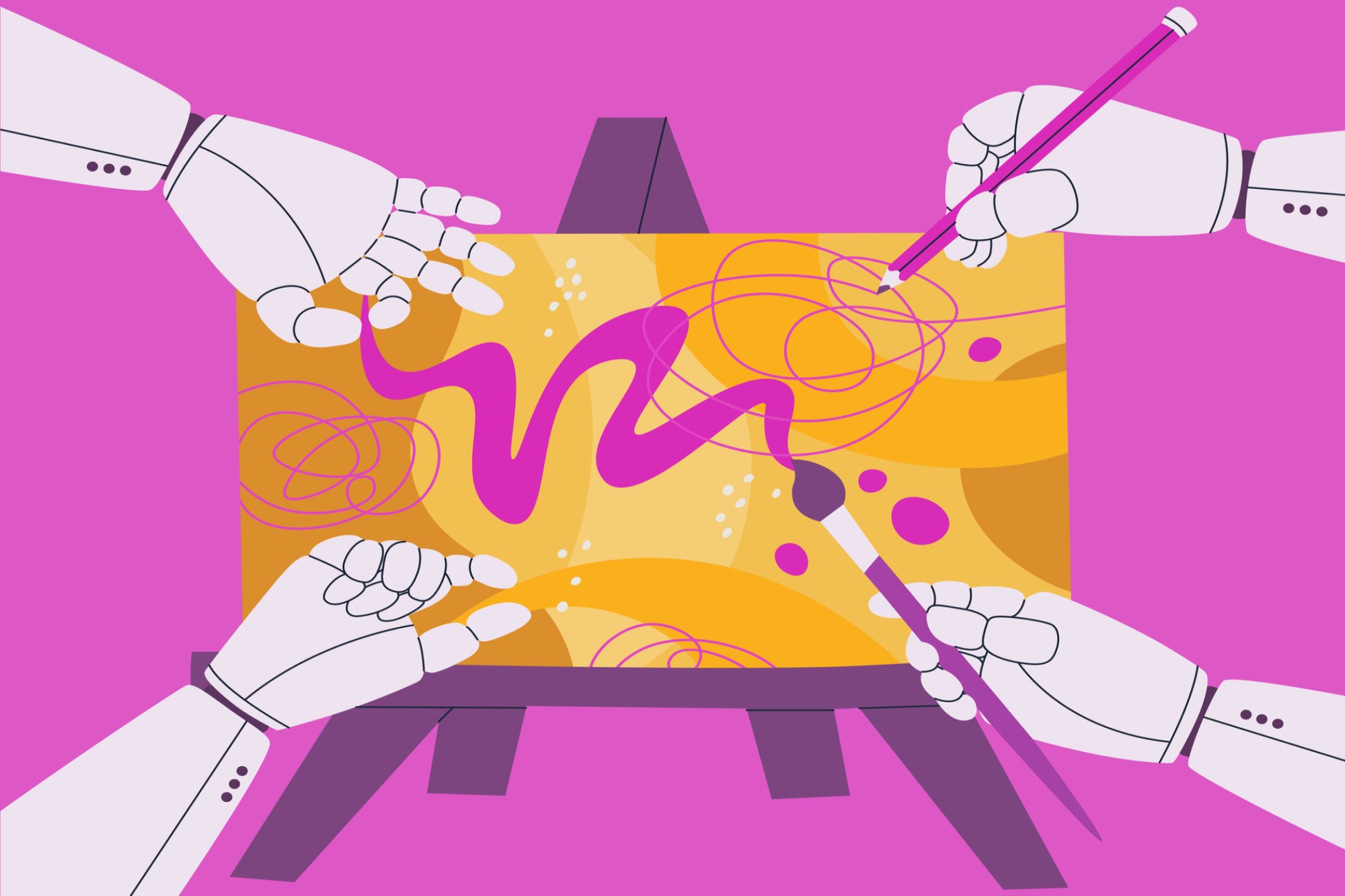Toward an Ethical Theory of Consciousness for AI

Should we attempt to make AI that is conscious? What would that even mean? And if we did somehow produce conscious AI, how would that affect our ethical obligations to other humans and animals? While, yet another AI chatbot has claimed to be “alive,” we should be skeptical of chatbots that are designed to mimic human communication, particularly if the dataset comes from Facebook itself. Such a chatbot is less like talking to a person, or more like talking to an amalgamation of everyone on Facebook. It isn’t surprising that this chatbot took shots at Facebook, made several offensive statements, and claimed to be deleting their account due to Facebook’s privacy policies. But if we put those kinds of cases aside, how should we understand the concept of consciousness in AI and does it create ethical obligations?
In a recent article for Scientific American, Jim Davies considers whether consciousness is something that we should introduce to AI and if we may eventually have an ethical reason to do so. While discussing the difficulties with the concept of consciousness, Davies argues,
To the extent that these AIs have conscious minds like ours, they would deserve similar ethical consideration. Of course, just because an AI is conscious doesn’t mean that it would have the same preferences we do, or consider the same activities unpleasant. But whatever its preferences are, they would need to be duly considered when putting that AI to work.
Davies bases this conclusion on the popular ethical notion that the ability to experience pleasant or unpleasant conscious states is a key feature, making an entity worthy of moral consideration. He notes that forcing a machine to do work it’s miserable doing is ethically problematic, so it might be wrong to compel an AI to do work that a human wouldn’t want to do. Similarly, if consciousness is the kind of thing that can be found in an “instance” of code, we might be obligated to keep it running forever.
Because of these concerns, Davies wonders if it it might be wrong to create conscious machines. But he also suggests that if machines can have positive conscious experiences, then
machines eventually might be able to produce welfare, such as happiness or pleasure, more efficiently than biological beings do. That is, for a given amount of resources, one might be able to produce more happiness or pleasure in an artificial system than in any living creature.
Based on this reasoning, we may be ethically obliged to create as much artificial welfare as possible and turn all attainable matter in the universe into welfare-producing machines.
Of course, much of this hinges on what consciousness is and how we would recognize it in machines. Any concept of consciousness requires a framework that offers clear, identifiable measures that would reliably indicate the presence of consciousness. One of the most popular theories of consciousness among scientists is Global Workspace Theory, which holds that consciousness depends on the integration of information. Nonconscious processes pertaining to memory, perception, and attention compete for access to a “workspace” where this information is absorbed and informs conscious decision-making.
Whatever ethical obligations we may think we have towards AI, will ultimately depend on several assumptions: assumptions about the nature of consciousness, assumptions about the reliability of our measurements of it, and ethical assumptions about what are the ethically salient aspects to consciousness that merit ethical consideration on our part. But this especially suggests that consciousness, as we understand the concept in machines, deserves to be as clear and as openly testable as possible. Using utilitarian notions as Davies does, we don’t want to mistakenly conclude that an AI is more deserving of ethical consideration than other living things.
On the other hand, there are problems with contemporary ideas about consciousness that may lead us to make ethically bad decisions. In a recent paper in the journal Nature, Anil K. Seth and Tim Bayne discuss 22 different theories of consciousness that all seem to be talking past one another by pursuing different explanatory targets. Each explores only certain aspects of consciousness that the individual theory explains well and links particular neural activity to specific conscious states. Some theories, for example, focus on phenomenal properties of consciousness while others focus on functional properties. Phenomenological approaches are useful when discussing human consciousness, for example, because we can at least try to communicate our conscious experience to others, but for AI we should look at what conscious things do in the world.
Global Systems Theory, for example, has received criticism for being too similar to a Cartesian notion of consciousness – indicating an “I” somewhere in the brain that shines a spotlight on certain perceptions and not others. Theories of consciousness that emphasize consciousness as a private internal thing and seek to explain the phenomenology of consciousness might be helpful for understanding humans, but not machines. Such notions lend credence to the notion that AI could suddenly “wake up” (as Davies puts it) with their own little “I,” yet we wouldn’t know. Conceptions of consciousness used this way may only serve as a distraction, making us worry about machines unnecessarily while neglecting otherwise long-standing ethical concerns when it comes to animals and humans. Many theories of consciousness borrow terms and analogies from computers as well. Concepts like “processing,” “memory,” or “modeling” may help us better understand our own consciousness by comparing ourselves to machines, but such analogies may also make us more likely to anthropomorphize machines if we aren’t careful about how we use the language.
Different theories of consciousness emphasize different things, and not all these emphases have the same ethical importance. There may be no single explanatory theory of consciousness, merely a plurality of approaches with each attending to different aspects of consciousness that we are interested in. For AI, it might be more relevant to look, not at what consciousness is like or what brain processes mirror what states, but what consciousness does for a living thing as it interacts with its environment. It is here that we find the ethically salient aspects of consciousness that are relevant to animals and humans. Conscious experience, including feelings of pain and pleasure, permit organisms to dynamically interact with their environment. An animal feels pain if it steps on something hot, and it changes its behavior accordingly to avoid pain. It helps the organism sustain its own life functions and adapt to changing environments. Even if an AI were to develop such an “I” in there somewhere, it wouldn’t suffer and undergo change in the same way.
If AI ever does develop consciousness, it won’t have the same environmental-organism pressures that helped us evolve conscious awareness. Therefore, it is far from certain that AI consciousness is as ethically salient as it is for an animal or a human. The fact that there seems to be a plurality of theories of consciousness interested in different things also suggests that not all of them will be interested in the same features of consciousness that makes the concept ethically salient. The mere fact that an AI might build a “model” to perceive something like our brains might, or that its processes of taking in information from memory might mirror ours in some way, is not sufficient for building a moral case for how AI should (and should not) be used. Any ethical argument about the use of AI on the basis of consciousness must clearly identify something morally significant about consciousness, not just what is physically significant.




